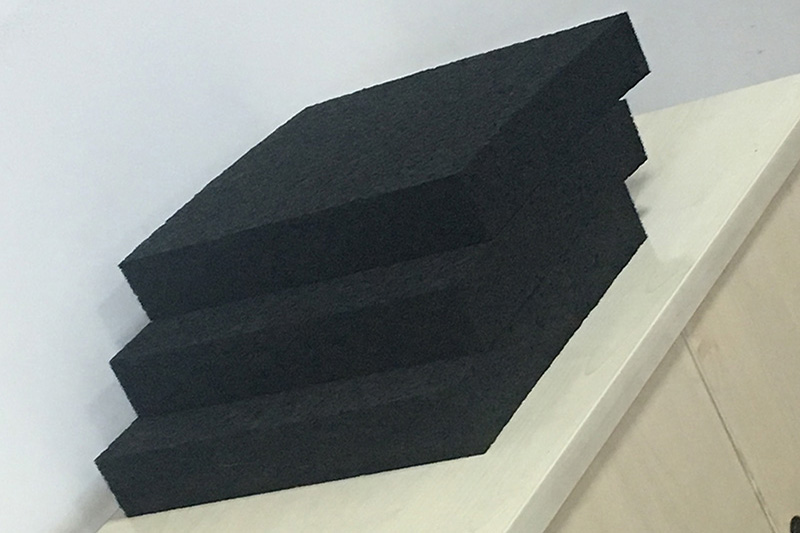
One company at the forefront of thermal insulation product manufacturing and trading is Kingflex Insulation Co., Ltd. Based in Dacheng, China, Kingflex is a professional manufacturing and trading combo for thermal insulation products. The company's research, development, and production department is located in the well-known capital of green-building materials in Dacheng, China. With a dedicated focus on innovation and sustainability, Kingflex has established itself as a leading supplier of high-quality thermal insulating materials for various applications.
Thermal insulating materials are designed to prevent heat from escaping or entering a space, effectively reducing energy consumption and lowering heating and cooling costs. These materials come in various forms, including foam, fiberglass, mineral wool, and reflective insulation, each with its own unique properties and applications. By incorporating thermal insulating materials into buildings, industrial facilities, and transportation systems, it is possible to create more energy-efficient and environmentally friendly structures and equipment.
In the construction industry, thermal insulating materials are used to improve the thermal performance of buildings, thereby reducing the need for artificial heating and cooling. By installing these materials in walls, roofs, and floors, building owners and occupants can enjoy more consistent indoor temperatures and lower energy bills. Additionally, thermal insulating materials contribute to the overall sustainability of a building by reducing its carbon footprint and energy consumption.
In the industrial sector, thermal insulating materials are critical for maintaining the energy efficiency of equipment and machinery. By insulating pipes, boilers, and other industrial components, companies can minimize energy loss and improve the overall performance of their systems. This not only saves money, but also reduces the environmental impact of industrial operations by lowering greenhouse gas emissions.
The transportation industry also benefits from the use of thermal insulating materials. By incorporating these materials into the design of vehicles, such as cars, trucks, buses, and trains, manufacturers can improve energy efficiency and passenger comfort. Thermal insulating materials help to regulate interior temperatures, reduce fuel consumption, and minimize the environmental impact of transportation systems.
As the demand for thermal insulating materials continues to grow, manufacturers like Kingflex Insulation Co., Ltd. are constantly innovating to develop new and improved products. Their research, development, and production department in Dacheng, China, is focused on creating cutting-edge insulation solutions that meet the evolving needs of the market. By investing in advanced manufacturing technologies and sustainable practices, Kingflex is committed to delivering high-quality thermal insulating materials that contribute to a greener and more energy-efficient world.
In conclusion, thermal insulating materials play a vital role in improving energy efficiency, reducing carbon emissions, and creating comfortable indoor environments. With the growing demand for energy-efficient solutions, the market for thermal insulating materials is expected to expand significantly. Companies like Kingflex Insulation Co., Ltd. are leading the way in manufacturing and trading high-quality thermal insulating materials for various applications. Through their dedication to innovation and sustainability, they are contributing to a more sustainable and environmentally friendly future.
